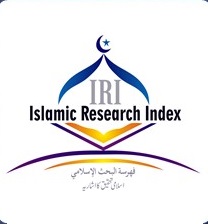The Evolution of Saudi Strategic Culture - Towards a More Moderate Islam
DOI:
https://doi.org/10.58932/MULF0026Keywords:
Evolution, Saudi CultureAbstract
Saudi Arabia's strategic importance stems from its exceptional geographical position, abundant natural resources, and vital involvement in international trade. Saudi Arabia is a key player in international politics, trade, and security because of its location at the intersection of Africa, Asia, and Europe. Its varied topography which includes deserts, mountains, and coastal regions contributes to its strategic significance by presenting business prospects in industries like mining, tourism, and agriculture.
Saudi Arabia has the largest proven oil reserves in the world, which gives it significant clout in the global oil market and affects energy costs and stability. Through programs like Vision 2030, the country is also broadening its economic base, concentrating on industries like tourism, technology, and renewable energy. Additionally, its advantageous location along important shipping lanes strengthens its significance in global trade.
This study explores how Saudi Arabia's foreign policy and strategic culture have changed over time, especially under Crown Prince Mohammed bin Salman's (MBS) leadership from 2015 to 2023. By employing a comprehensive methodology that encompasses culture, history, geography, trade, and natural resources, the objective is to examine how the initiatives of MBS have influenced Saudi Arabia's strategic Culture.
Downloads
Published
How to Cite
Issue
Section
License
Copyright (c) 2024 South Asian Journal of Religion and Philosophy (SAJRP)

This work is licensed under a Creative Commons Attribution-NonCommercial 4.0 International License.









